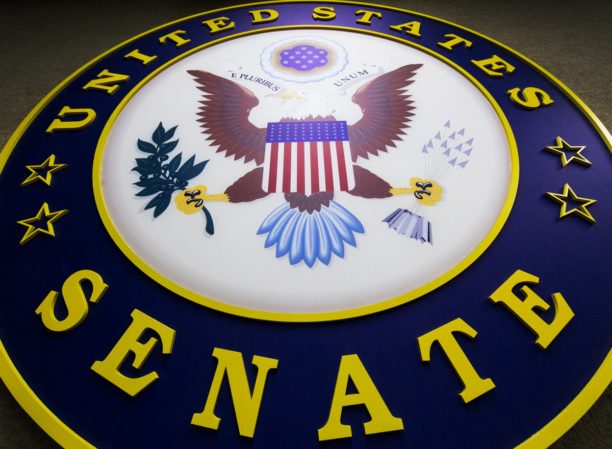
As posted on Senator Feinstein’s website, this is an excerpt from the letter:
In recent years, California has faced increasingly devastating wildfires, which have been among the deadliest and most destructive in state history. Fortunately, emergency first responders have been able to act quickly this year to contain and suppress fires, saving countless communities, homes, and lives.
However, troubling reports have surfaced, such as on October 31, 2019, when the Ventura County Fire Department’s aerial operations to contain the Maria Fire had to be halted when a drone was spotted in the immediate airspace. This is not the first reported incident of this nature, and such incidents will likely continue until the Department acts quickly to deter such actions through increased enforcement of current law prohibiting civilian drone operations in active wildfire areas.
In response to previous drone incursions into airspace near wildfires, Congress included a provision in the Federal Aviation Administration Reauthorization Act of 2018 authorizing the Department to prosecute individuals if they interfere, either knowingly or recklessly, with emergency response efforts regarding wildfire suppression.
However, despite continued drone interference with critical firefighting operations, it is my understanding that the Department has yet to use this new legal authority to address the problem. I ask that the Department begin using its new authority as quickly as possible so that lives are not endangered by drone interference with firefighting efforts.
Drones are an increasingly important tool for wildfire response, although coordination between agencies is often difficult. Operators of manned aircraft often refuse to take off if a drone is seen anywhere in the vicinity, and there have been some reports of unauthorized operations. The problem, however, is not a lack of prosecutions: but the lack of a robust unmanned traffic control system (UTM), which will simply take time to implement. UTM capabilities like collision avoidance systems, strong geofencing capabilities and effective airspace security systems would practically eliminate the problem: it’s difficult to see how prosecutions would help much, or are even practical given the lack of a Remote ID system which would link operators and drones.
Despite representing the state that has arguably received the most jobs and economic benefit from the commercial drone ecosystem, Sen. Dianne Feinstein (D-Calif) is not a big fan of drones. In 2013, Feinstein gave an interview advocating for gun and drone control, telling ClimateOne that drones are a “an enormous privacy concern.” Her opinion has not changed much, as evidenced by the multiple bills that she’s sponsored which would limit commercial drone activity, including the Drone Federalism Act of 2017.
Miriam McNabb is the Editor-in-Chief of DRONELIFE and CEO of JobForDrones, a professional drone services marketplace, and a fascinated observer of the emerging drone industry and the regulatory environment for drones. Miriam has penned over 3,000 articles focused on the commercial drone space and is an international speaker and recognized figure in the industry. Miriam has a degree from the University of Chicago and over 20 years of experience in high tech sales and marketing for new technologies.
For drone industry consulting or writing, Email Miriam.
TWITTER:@spaldingbarker
Subscribe to DroneLife here.
